Olympia Residents Find Opportunities and Hazards in Dimensional Fund’s Launch of New Investments

Dimensional Fund Advisors recently decided to venture into the field of ETFs (exchange traded funds). DFA’s decision to offer ETFs is intriguing and will offer opportunities for advisors and investors that use them carefully. While this decision bows to the loud chorus that has demanded ETFs for some time, it is a move that also comes with some potential challenges for advisors as well as retail investors.
As ETFs have been one of the largest growth sectors of the investment marketplace, offering this format allows DFA to keep up with the competition and provide an investment type that many advisors have desired. It also opens the door to retail investors who were previously not able to access DFA investments.
Perhaps the most significant benefit of making DFA ETFs available are their tax advantages. Not having to worry, or be punished by, capital gains distributions (especially when investors have not experienced any gains) will be a welcome advantage in clients’ taxable accounts. Moreover, having more control over tax outcomes by being able to determine when a taxable event happens, allows for more precision in steering outcomes.
Additionally, having other fund options makes tax loss harvesting easier. During the early spring market downturn, advisors rushed to take advantage of opportunities to sell positions and create losses for clients. While it may seem foolish to sell an investment at a loss, advisors that can also pick up a similar investment at the same time can capture the loss and keep clients invested. In essence, investors get to have their proverbial tax loss cake and eat it too!
ETF trading costs are often lower. As brokerage firms look to reduce costs for clients, trading fees continue to fall. In the fall of 2019, 3 firms: Charles Schwab, TD Ameritrade, and E-Trade all announced they would reduce trading fees to $0. While this is great for stock and ETF investors, mutual fund investors still get nicked with trading fees that can range from $5 to $75. However, by launching a line of ETFs, Dimensional Funds provides a more cost-effective (free!) way to trade their funds. This can be especially beneficial for those with smaller positions where trading costs can quickly become a significant portion of the overall purchase amount.
One potential challenge revolves around the IRS’s wash sale rule which nullifies losses when a substantially similar security is bought within 30 days of the loss trade. In practical terms this means you cannot sell your Home Depot stock today to collect the loss and then buy it back next week (or buy it a few weeks prior to the loss trade if you thought you could pull one over on Uncle Sam through surreptitious trading gymnastics). To avoid losing their losses, advisors and retail investors must look for positions that are different enough to avoid the wash sale rule. Having a “different,” yet similar enough investment to achieve one’s goals, is the objective.
As Dimensional funds has long been available only through approved advisors, some wonder if this move will dilute advisors’ value. With its ETF offerings, almost anyone with a brokerage account should be able to purchase Dimensional ETFs. DFA has long voiced their belief in the value of working with an advisor and has shared that they have no intentions of offer a service arm to assist retail investors. For advisors that focus on holistic, comprehensive planning, DFA’s ETF offerings probably do not represent competition or value dilution as investments are just one element of a financial plan. Additionally, the skills that an advisor brings: knowing how to design a portfolio to best meet the goals and unique risk preferences of clients, knowing where best to place investments, and knowing when to rebalance and what to sell, confirms the continued importance of partnering with an advisor.
A note of caution about these ETFs, especially as they are new and will have less trading volume, is the variance of the ETF price compared to the actual value of its underlying stock holdings (or Net Asset Value – NAV). As ETFs are traded like stocks, they can sell for more (at a premium) or less (at a discount) than the total value of the stocks they hold. Usually the difference is minor; however, one would be wise to wait and watch the new ETFs to see how much variance there is in between the price and NAV. Additionally, it is always a good idea to check this difference before placing an ETF trade.
The advent of ETFs at DFA will likely result in many advisors and some retail investors incorporating them into accounts over time. ETFs represent an opportunity, perhaps after some seasoning, for advisors to assist clients by being a little more tax aware and tax efficient. Individual investors should take the time to understand the unique properties, likely consequences, and tax and allocation strategies of owning these funds before investing.
As with any investment or strategy, the above article is meant to be educational and should not be used as specific advice. Before making changes to your investment strategy, make sure to first consult with a tax or financial planner.
